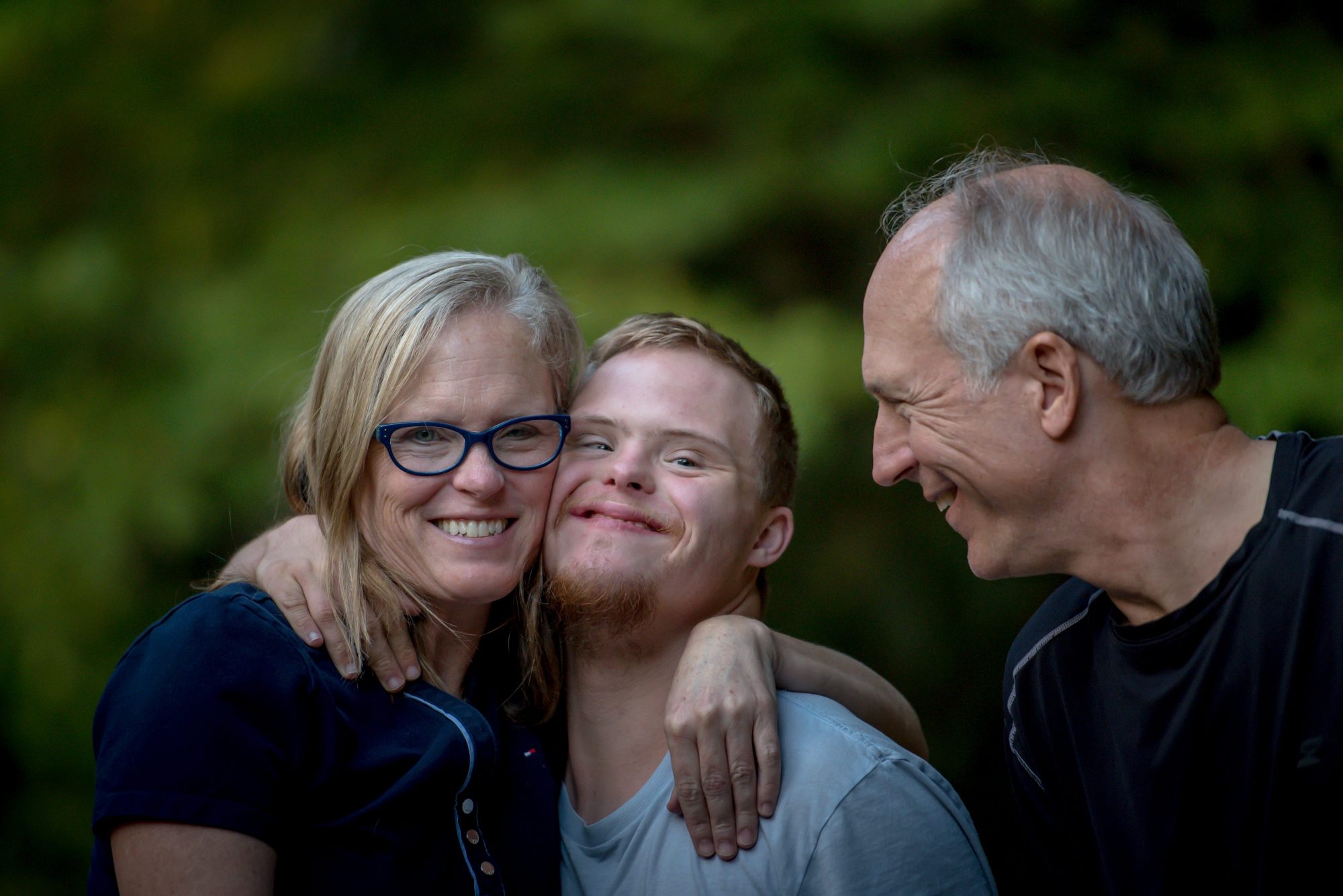The Tizard Centre is the leading UK academic group working in learning disability and community care, is widely known worldwide and has an international reputation.
Members of the Centre are selected both for their academic record and for their practical experience in services. The Centre provides short courses as well as degree and diploma programmes at the University of Kent, Canterbury and also undertakes an extensive programme of consultancy and research – both nationally and internationally.
